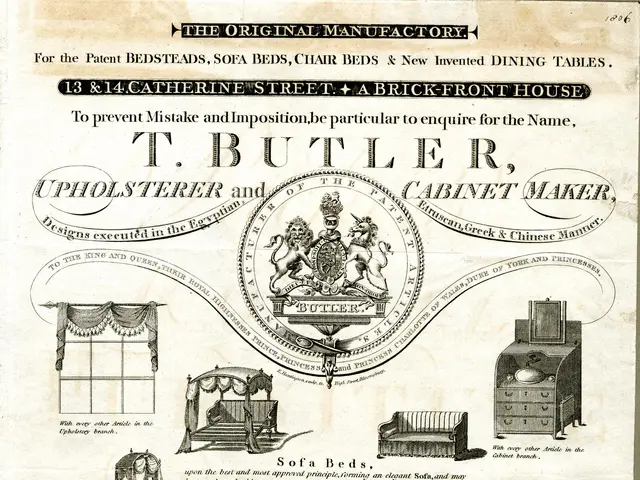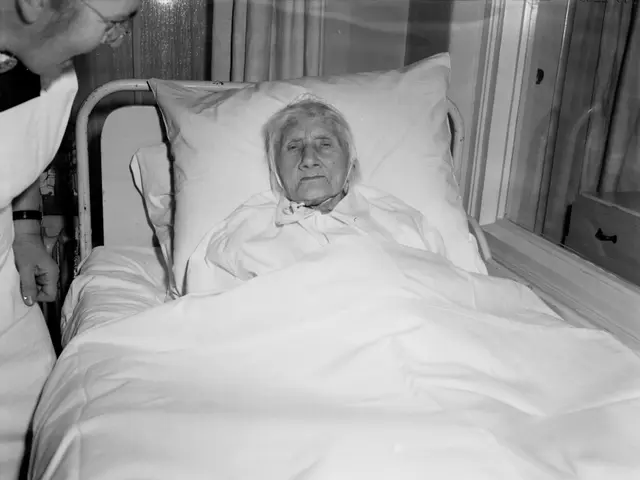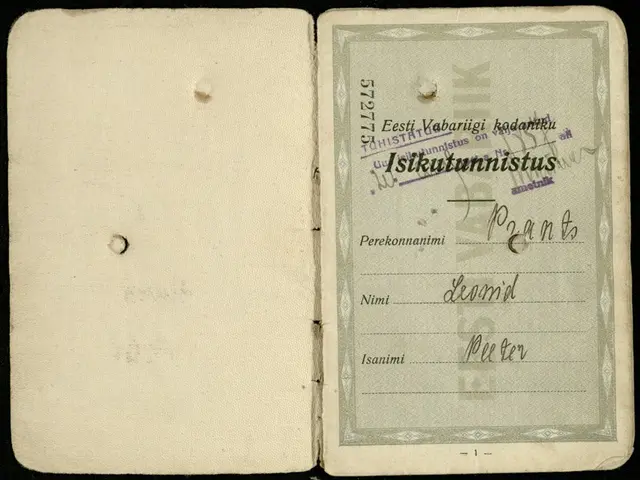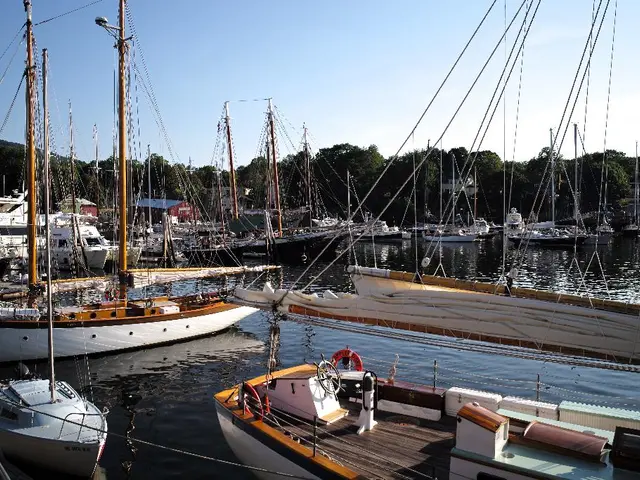Monument Design for Film Director Alexei Balabanov Chosen in Ekaterinburg
In Yekaterinburg, a Monument Honors Alexei Balabanov
Get ready to pay tribute to a cinema legend. Alexei Balabanov, renowned for his "Brother" series and movies like "Dead Man's Bluff," "Cargo 200," and "The Castle," is set to receive a monument in his hometown. The sketch for this memorial has been picked, as reported on the city's official portal.
The sketch's author, Meerim Baikhanov, has imagined the director sitting in an empty tram car. The winners were announced at a meeting presided over by Yekaterinburg Mayor Alexei Orlov. The artwork will be placed near the Palace of Youth and will be situated near Balabanov's residence and the school he attended. The installation is tentatively scheduled for mid-May 2026.
Orlov, according to the city administration's press service, shared, "Alexei Balabanov's name is ingrained in the annals of Russian cinema. His films exude a truly Ural spirit. Balabanov's filmmaking journey kicked off in the 1980s at the Sverdlovsk Film Studio. Back then, our city was a hotbed of underground culture and the birthplace of a distinctive rock music direction."
A total of 47 participants submitted 58 entries for the competition. The jury consisted of professional sculptors, Balabanov's family, and friends, including director Sergei Selyanov, musicians Vyacheslav Butusov, Anastasia Poleva, Yevgeny Gorenburg, and Balabanov's kin.
Balabanov passed away in May 2013, aged 55, due to acute heart failure while he was penning a script at a sanatorium in Leningrad Oblast.
Alexei Balabanov was a Russian film director, screenwriter, and producer, best known for his work during the post-Soviet era, significantly contributing to the evolution of Russian cinema. His films often tackled themes of violence, morality, and the societal transformations in post-Soviet Russia. Among his most notable works are "Brother" (1997), a crime drama that captured the hearts of many, and its sequel, "Brother 2" (2000). "Cargo 200" (2007), a drama that delved into themes of corruption and decay on the verge of perestroika in 1984, was also critically acclaimed. His work continues to impact contemporary filmmakers, and his legacy lives on in the raw, unflinching portrayals of post-Soviet life in his films.
As the installation date for Alexei Balabanov's monument draws near in May 2026, one can only imagine how much his life and distinctive lifestyle would have influenced the artwork, given its placement in his hometown close to his home and the school he attended. The monument, a testament to his significant contribution to home-and-garden, or rather, the Russian film industry, serves as a reminder of the remarkable journey of this visionary cinematic figure.







